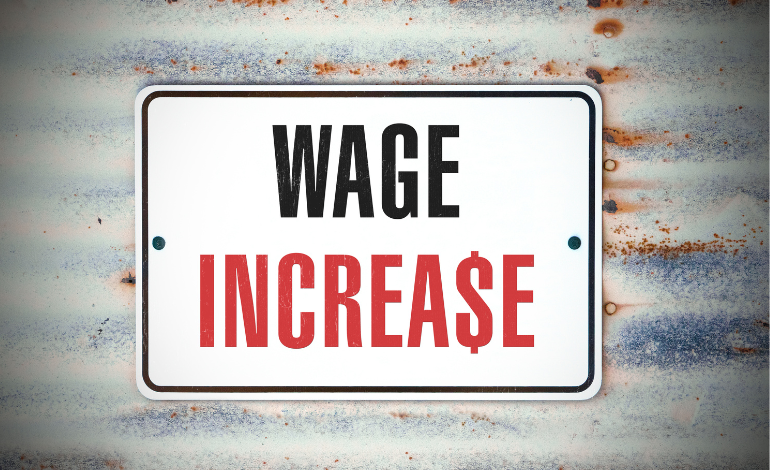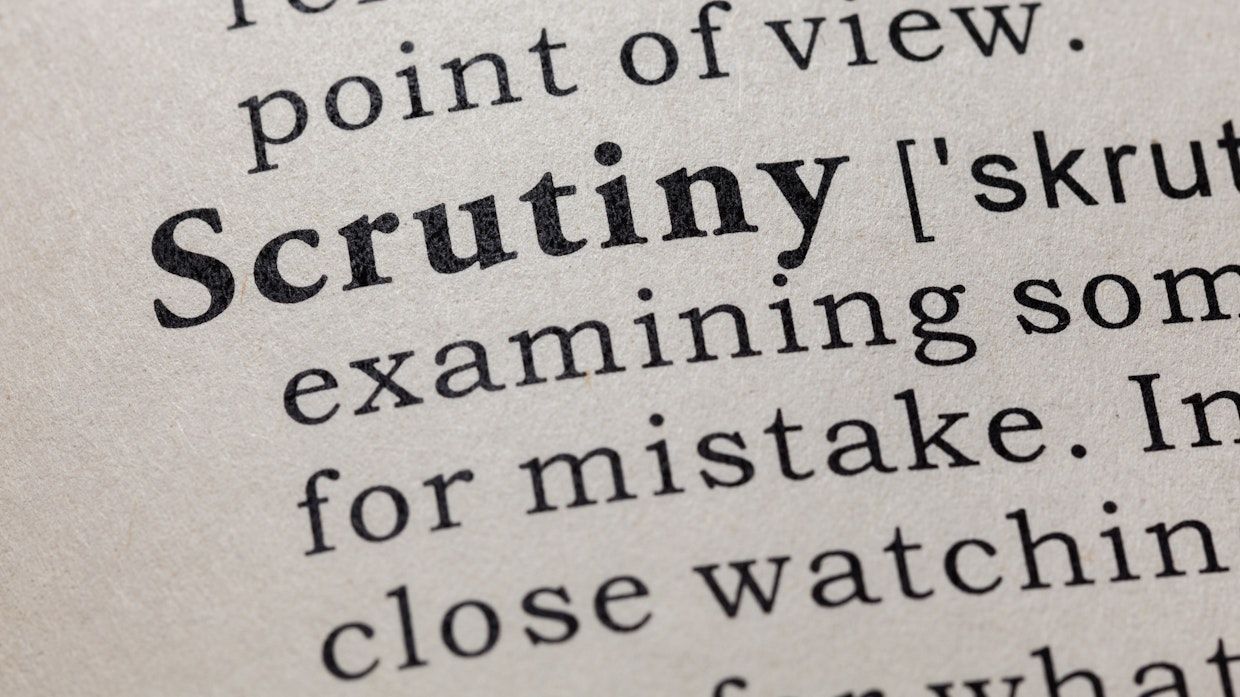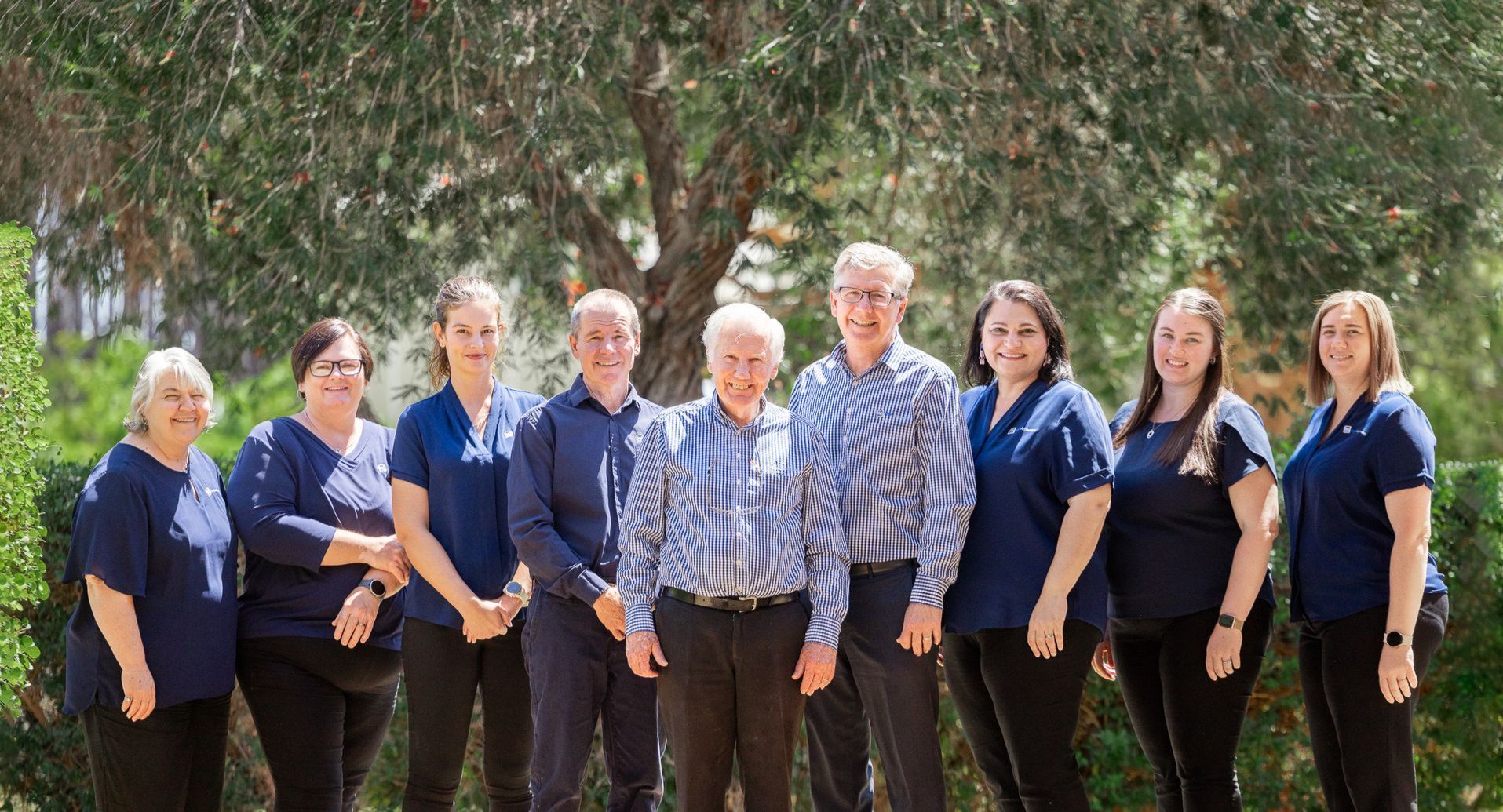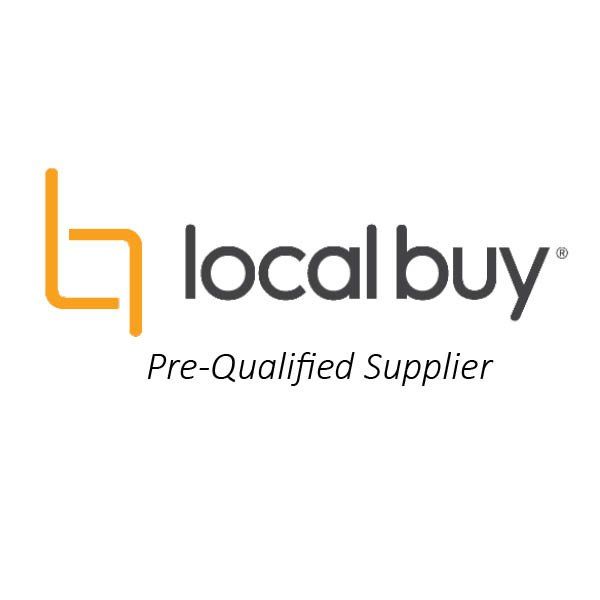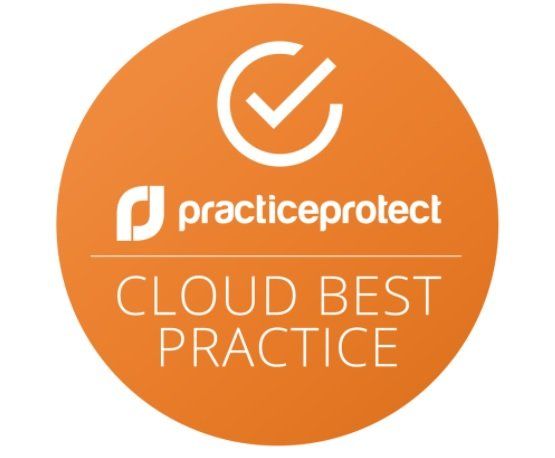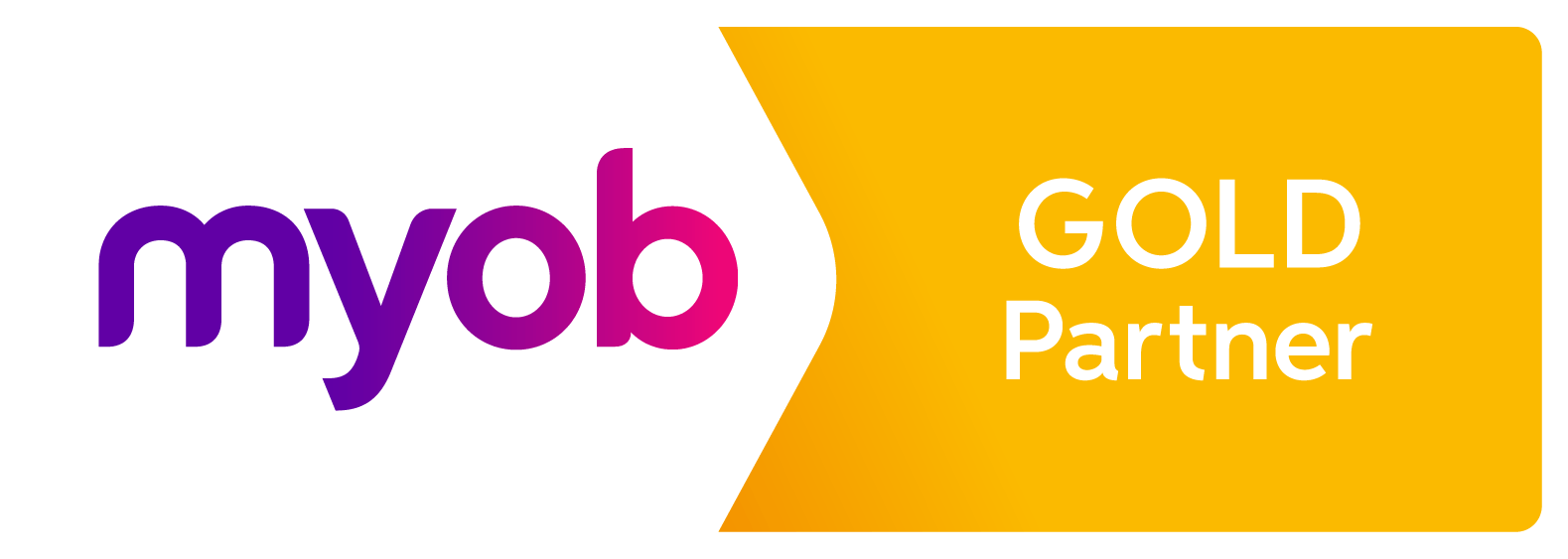By Jamie Walsh
•
July 2, 2025
Artificial Intelligence (AI). The Good, The Bad and The Ugly. There was a little girl, Who had a little curl, Right in the middle of her forehead. When she was good, She was very, very good, But when she was bad she was horrid. In no way am I inferring that AI is a girl, but otherwise the cap fits. if you define AI as information produced by a machine, it has been around for decades. The Ugly Between 2000 and 2015, the UK Post Office wrongfully prosecuted more than 700 sub-postmasters and postmistresses for theft, false accounting or fraud. Many of the accused were financially ruined, wrongfully imprisoned, lost their homes and reputations and suffered mental health issues. Some committed suicide. They were innocent. A flawed accounting system was incorrectly reporting shortfalls in takings. The UK Post Office believed the system and not the victims. To this day many of the victims have not been compensated. The full story is heart-breaking. Do yourself a favour and research it, or you might be able to find a four-part 2024 ITV drama titled “Mr Bates vs the Post Office”. Was AI or IT the problem? No. The software was flawed, but humans were the problem. This is the most horrific example you will ever find of how not to use AI. In Australia, you might remember the Robodebt Scheme, which the Royal Commission condemned as “crude and cruel” and “neither fair nor legal.” The Bad Firstly, do not give AI any information you do not want to be in the public domain (or in the hands of the baddies). Secondly, AI does consume enormous amounts of electricity worldwide, although currently not as much as cryptocurrency. Thirdly, AI “hallucinates” which is the term used for getting it wrong. You need to verify. If you press the wrong buttons on a calculator you get the wrong answer. You own the problem. If you blindly believe AI, you own the problem. The Good When it is good it is very, very good. Try it. Choose your most difficult problem, one that might take days to research. Then ask AI. I can almost guarantee that it will provide you with an answer within four seconds. It is next level and then some. Of course, you must verify, but overall it is a massive time-saver. I do not think anybody knows the future of AI, but it will certainly change the nature of many jobs. I am hopeful that it will be for the common good because I cannot envision a time when humans will not be needed. When calculators first came on the scene, the general opinion was that this would cause problems because people would not know how to add up anymore. When computers arrived, there was fear that many jobs would be lost. Now everyone embraces calculators and computers as useful and in fact essential, and the number of jobs has proliferated. I am hopeful that it will be the same with AI. One thing is certain. Ignore AI and you will be left behind.

